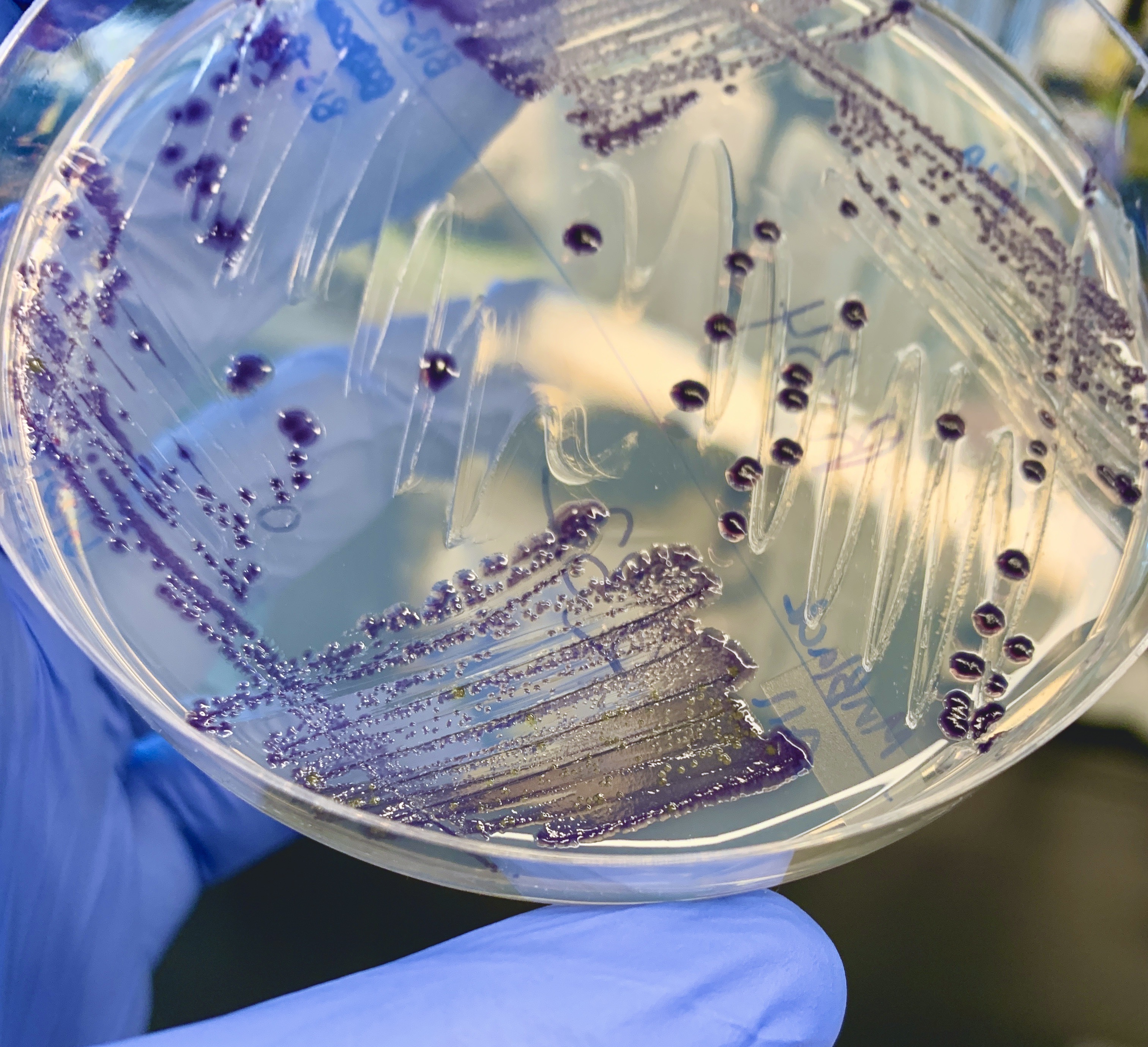Washing your clothes is a pretty mundane chore, but it can be easily accomplished on Earth using detergent and a washing machine. And while hanging your clothes outside to dry can result in the best smells, keeping your space suit clean 384,400 kilometers (238,855 miles) away from the nearest washing machine – or even water – is a whole other ball game.
With astronauts gearing up for a return to the Moon possibly as soon as 2025 with the planned Artemis mission, scientists are looking into the best fabrics to help astronauts not just survive the harsh conditions on the surface of the Moon but also keep their new spacesuits clean on the inside.
These conditions include exposure to temperature extremes, space radiation, and highly abrasive dust. This dust is a big problem as it caused the seals of the Apollo spacesuits to become full of it within just a few hours outside, and the Artemis team hopes to spend around 2,500 hours on the Moon’s surface in the future. Anyone who has gotten sand in their swimsuit on the beach can guess how abrasive a spacesuit full of dust would be.
Another problem is how to prevent microbe growth within the spacesuit itself, especially as the spacesuits may be shared by members of the crew.
“Think about keeping your underwear clean; it’s an easy enough job on a daily basis, thanks to detergent, washing machines, and dryers. But in habitats on the Moon or beyond, washing spacesuit interiors on a consistent basis may well not be practical,” explained European Space Agency (ESA) materials and processes engineer Malgorzata Holynska in a statement.
“Spacesuits will most probably be shared between different astronauts, and stored for long periods between use, potentially in favourable conditions for microorganisms. [W]e needed to find alternative solutions to avoid microbial growth.”

Antimicrobial substances, such as violacein pigment grown from microbes could help keep materials clean inside spacesuits.
Image Credit: Mroghair/Wikimedia Commons/Creative Commons Attribution-Share Alike 4.0 International
ESA is working on assessing suitable novel textiles for the new spacesuits that didn’t exist back in the Apollo era. One of the projects, the Austrian-led Biocidal Advanced Coating Technology for Reducing Microbial Activity (BACTeRMA) is looking into ways to help prevent microbes from growing within the inner linings of the suits, essentially the astronauts’ “underwear”.
To do this they’ve taken a “fight fire with fire” approach and are looking at so-called “secondary metabolites”. These are compounds produced by microbes that contain antibiotic properties and help protect the microbes against different environmental conditions. Well-known anti-microbial materials like silver and copper would likely tarnish over time and may not be comfortable next to astronauts’ skin.
The team created materials with different properties from these secondary metabolites, experimenting with processing techniques such as dying fabrics with these bacterial metabolites. The success of these anti-microbial textiles, though vital for spacesuits, may have broader applications in the future.
“The findings of PExTex and BACTeRMA lay the foundation for future developments in the areas of antimicrobial treatments and the integration of smart textile technologies,” Gernot Grömer, director of the Austrian Space Forum, said.
“Additionally, these projects could have broader implications for the textile industry, by demonstrating the feasibility and importance of developing innovative textiles with specialized properties.”
You could say, one small step for space underwear, one giant leap for smart textiles technology.
Source Link: Space Laundry: How Will Astronauts Keep Their Underwear Clean On The Moon?